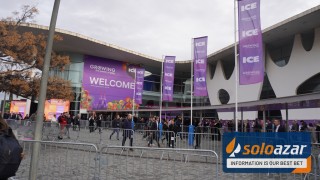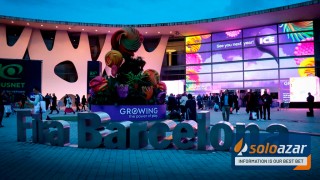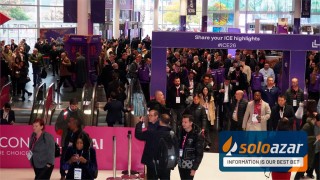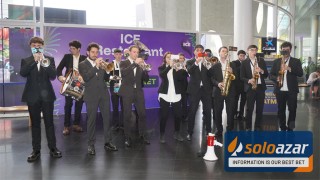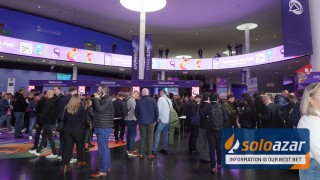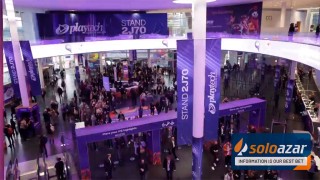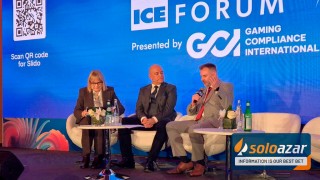Maryland sports betting bill takes one more step toward passage
Friday 09 de April 2021 / 07:21
2 minutos de lectura
(Maryland).- Maryland is poised to become one of the most open and inclusive legal sports betting markets in the U.S. after the full state Senate passed an amended version of the House’s sports betting framework bill by voice vote Thursday morning.
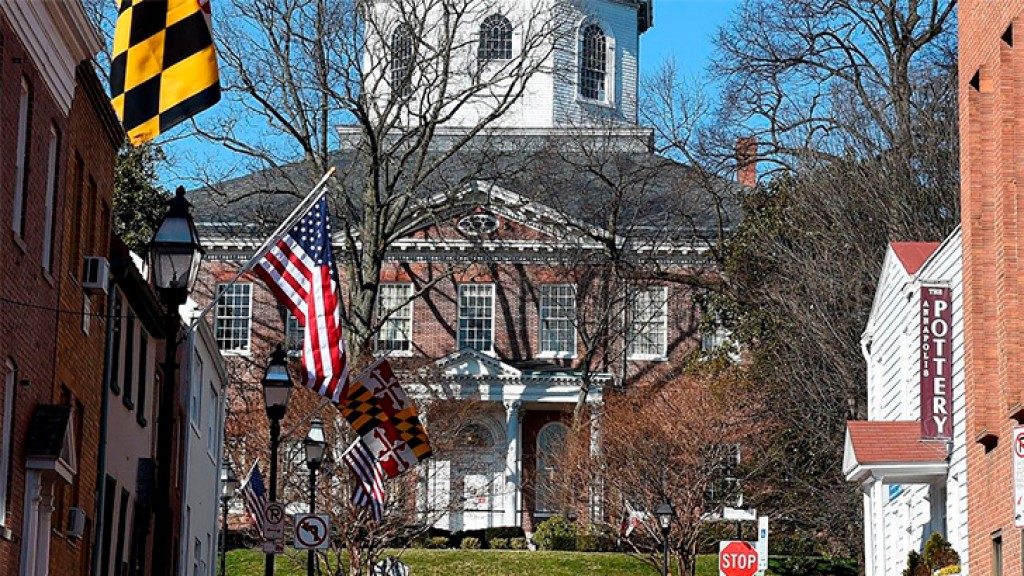
The bill now moves on to third reading, likely Friday, before it would be sent back to the House for approval because the Senate added amendments. HB 940 initially passed the House in March.
The bill has been a hot topic in Annapolis this week — less than 24 hours earlier, the Senate Budget and Taxation Committee moved the bill with a unanimous vote.
Time is of the essence, as the General Assembly is set to adjourn Monday. Should the bill pass, lawmakers are hoping sportsbooks could be live in Maryland in time for the 2021 NFL season.
Maryland voters broadly legalized statewide mobile and retail sports betting on the November 2020 ballot, and lawmakers are tasked with creating a framework for the Maryland Lottery to implement it. The bill originally capped the number of licenses and had a graduated tax rate, but after a Senate work group recommended changing both, the bill that moves forward would allow for wagering at nearly any qualified entity, including those with fewer than 25 employees. The changes were made in part to include more businesses owned by minorities and women, as legislators have made minority participation a priority in the proposal.
Small, minority businesses will get help
After about 15 minutes of discussion Thursday morning, the Senate approved the bill with 21 amendments. Questions mostly centered around the minority participation component of the bill. Maryland lawmakers have made that issue a priority, and should the bill become law, it provides a special fund to help small, minority or women-owned businesses with “license fees, operational costs or targeted training,” according to Sen. Craig Zucker. The bill also creates exclusion zones around certain potential sports betting venues in order to “prevent over-saturation.”
In particular, Zucker was talking about smaller, more rural potential sports betting spots like Ocean City’s Ocean Downs or the Rocky Gap Casino in western Maryland.
Zucker also fielded a question about whether the bill would allow for a responsible gaming location in southern Maryland. He replied by saying that not only did he expect regulators to consider that going forward, but that under the revised version of HB 940, more money would be earmarked for problem gambling initiatives.
To get to this point, Maryland lawmakers heard testimony in both chambers about minority participation, inclusion of small businesses, and other topics over several months. The net result could make Maryland not only the most inclusive market in its region, but potentially the one with the most number of options for consumers. Several border states, including Pennsylvania and Virginia, cap the number of available licenses. If what happened in Virginia late last year is any indication — the state lottery got 25 applications for about a dozen licenses — the Maryland Lottery can expect a flood of interest.
Tiered application fees
What will set Maryland apart from its peers is that in addition to allowing retail wagering at the expected venues — casinos, professional sports stadiums, and horse racetracks — it would also be possible at the Maryland state fairgrounds and local businesses that testified that they already cater to a sports-savvy crowd, including small casinos, restaurants, and sports bars.
The current bill includes a tiered application fee, starting at $2 million for Class A1 licenses, which include casinos and pro sports venues, down to $50,000 for businesses with 25 or fewer employees. While it would not be the cheapest state in which to be licensed, Maryland’s application fees are attractive compared to an across-the-board $250,000 fee in Virginia, $100,000 in Washington, D.C., or the $10 million fee that the state of Pennsylvania has charged. Mobile-only licenses would come with a $500,000 price tag.
The latest version of the bill calls for a 15% tax rate on mobile/online wagering and 13% for retail sports betting.
By: Jill Dorson
Categoría:Sportsbook
Tags: Sin tags
País: United States
Event
ICE Barcelona 2026
19 de January 2026
Tomás Galarza: "This edition of ICE was especially relevant for ASAP"
(Barcelona, SoloAzar Exclusive). Following his participation in ICE Barcelona 2026, Tomás Galarza, a Political Science graduate and foreign trade expert at ASAP, shares his insights on global trends, international business opportunities, and the company's strategic priorities for this year.
Wednesday 04 Feb 2026 / 12:00
Win Systems Expands Presence in Spain and Highlights Route Operations at ICE 2026
(Barcelona).- At ICE 2026 in Barcelona, Win Systems showcased its innovative gaming solutions for the Spanish market, emphasizing Player Tracking, Win Pay, and route operations to enhance operator performance and player engagement.
Wednesday 04 Feb 2026 / 12:00
Spintec Showcases Next-Generation Electronic Table Games at ICE Barcelona 2026
(Volcja Draga).- Spintec reinforced its position as a leading innovator in electronic table games during ICE Barcelona 2026, standing out within The Merkur Group’s expansive exhibition through a diverse portfolio of immersive products focused on player comfort, dynamic gameplay and efficient use of gaming floor space.
Tuesday 03 Feb 2026 / 12:00
SUSCRIBIRSE
Para suscribirse a nuestro newsletter, complete sus datos
Reciba todo el contenido más reciente en su correo electrónico varias veces al mes.











